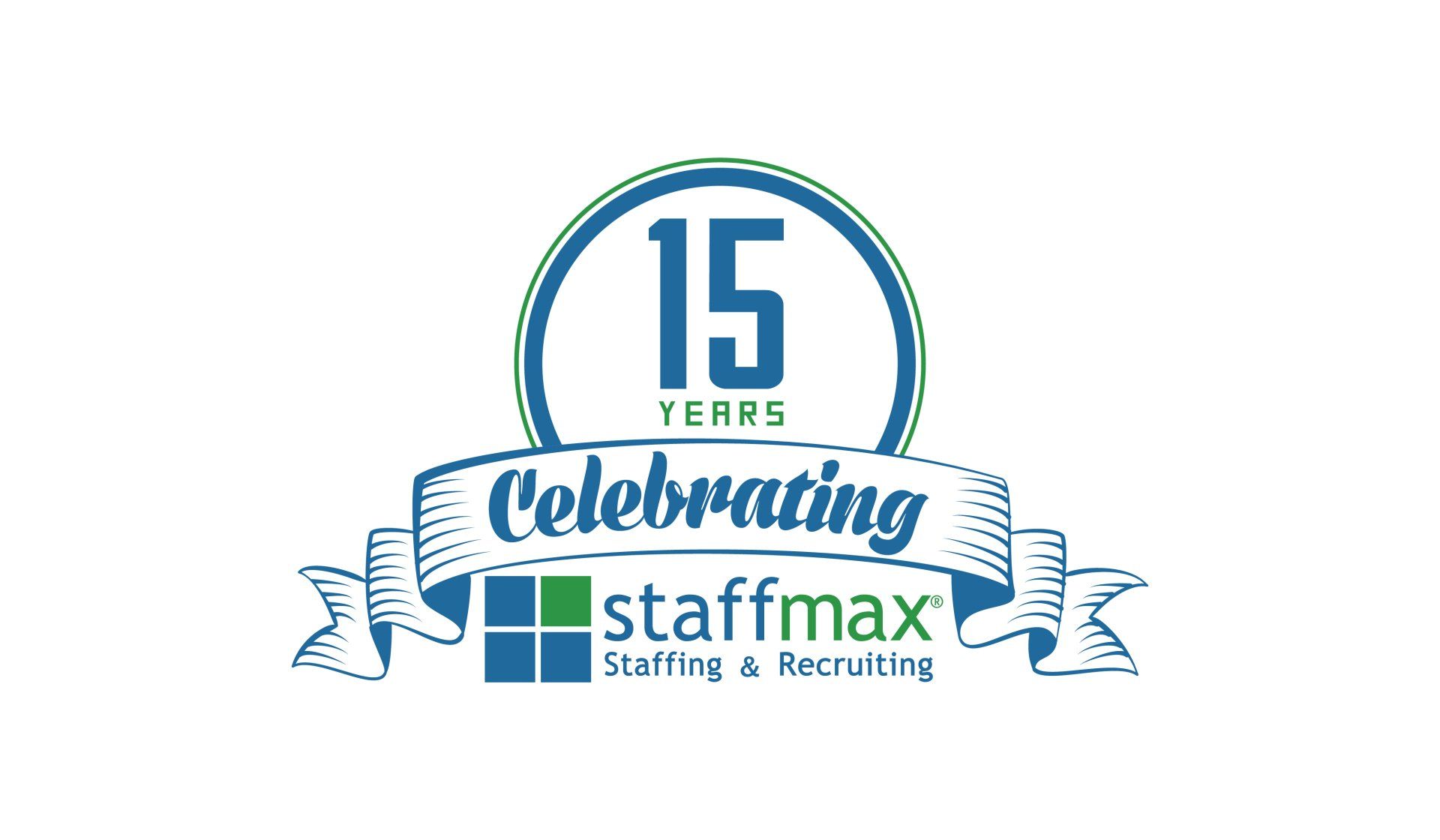5 Ways HR Can Be Proactive About Employee Mental Health During COVID-19
Via Gympass

COVID-19 has left employees around the world scrambling to adapt to a new way of life. Social distancing and adjusting to remote work can be stressful and navigating these changes has left the business world feeling increasingly uneasy about what could happen next. With this in mind, we reached out to a US mental health specialist Shannon McFarlin to discuss proactive ways HR professionals can help their workforce cope.
1 -Encourage your workforce to (safely) stay active. While fitness centers, gyms, rec centers, golf courses, and public pools are not available, it is safe to exercise outside as long as you follow proper social distancing guidelines. Spending time outside improves mood and wellbeing, and is particularly beneficial during times of anxiety, stress and transition. The government is allowing you to get outside to exercise once a day, so enjoy a jog or walk outside! There are also a number of amazing online workouts available through not only Gympass but Youtube, Instagram Live and many other platforms – be sure to check it out!
2 – Create a Slack channel or community intranet page where employees can connect and HR managers can share healthy recipes, tips for managing a healthy work/life balance while working remotely, as well as resources for managing stress. Encourage employees to share ways they are successfully adapting to working remotely. Reach out to your corporate communications or marketing teams for ways you can promote the channel and build it into a welcoming and useful online community resource for your employees.
3 – Combat feelings of isolation with weekly self-care tips. Helping employees prioritise their mental health can be particularly challenging in a remote work environment. Encourage employees to meet on video when possible so they can continue to feel connected to their co-workers. Start the work week by sending a proactive #MondayMotivation message with self-care ideas people can use throughout the week to stay productive, engaged, and centered. Looking for inspiration? YoungMinds share tips here on how to look after your wellbeing during these unprecedented times.
4 – Minimise remote burnout by creating official company guidelines for working from home. Set designated working hours, ensure employees have scheduled breaks, and encourage managers to utilise flex time to help their workers adjust to their new remote environment. It’s a myth that working from home means that you and your employees need to be working all of the time. Communicate these guidelines to help your community feel more secure in their new situation and stay aligned with the company culture you’ve worked so hard to create.
5 – Ensure your employees have sufficient resources to support their mental health. Supporting the mental health of your employees can be anything from an EAP (employee assistance program) to a resource booklet with information on hotlines, websites and companies to access when needed. Resources such as Samaritans, MIND, and the NHS can help direct your employees to the right support channel.













